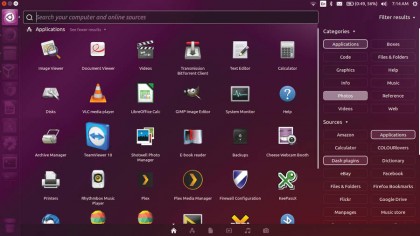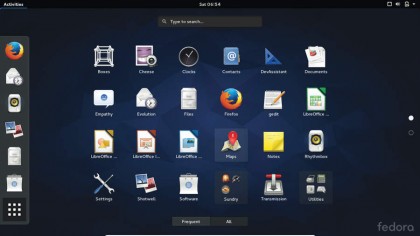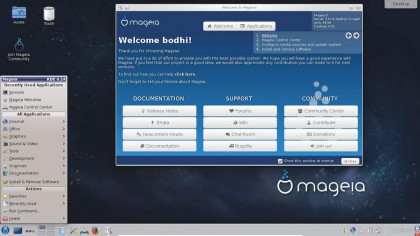How to install Linux
Escape Windows

There's never been a better time to get into Linux. It's slicker than ever, easier to install than ever and all the big-name distros like Ubuntu have just received updates.
One of the biggest impediments to widespread Linux adoption is that you don't get Linux on a PC from high street stores.
But the advantages it offers over Windows 10 and Mac OS X are well worth this extra step. For starters, Linux is open source, which is to say that you can legally download a copy of Linux and install it on all your computers. It also ships with a ton of software and you can download more with a single click.
Unlike proprietary operating systems, a Linux flavour (or distro) is very malleable. You can swap out default apps or even its entire interface and replace it with something you choose. Choice is another hallmark of Linux with multiple options from simple components to complex suites.
Furthermore, besides being compatible with all your newer hardware, Linux can also turbo-charge hardware that's past its glory days. To top it all, you can do everything you can on a Windows PC. From streaming video to playing the latest games, Linux will work just as well as any other system.

Ubuntu
The most commonly known Linux distribution (often abbreviated to distro), Ubuntu pays special attention to desktop usability.
In the 10 years of its existence, Ubuntu has galvanised the development of Linux on the desktop and is the go-to distro for third-party developers and vendors who want to run their wares on Linux.
Are you a pro? Subscribe to our newsletter
Sign up to the TechRadar Pro newsletter to get all the top news, opinion, features and guidance your business needs to succeed!

Fedora
Red Hat's open source offering to the world, Fedora is known for adapting and offering new technologies and software to its users.
Over the years, the distro has managed to find a clever balance between offering new features and stability to its users, which makes it popular with both new and experienced Linux users.

Mageia
Although it's just had a handful of releases to date, Mageia has a pedigree in usability that dates back to the 1990s. Mageia is a community project that's supported by a non-profit organisation, which is managed by a board of elected contributors.
The distro is known for its customised user-friendly tools for managing the installation.
- Stay up to date with the best Linux tutorials, tech features and reviews, subscribe to Linux Format now